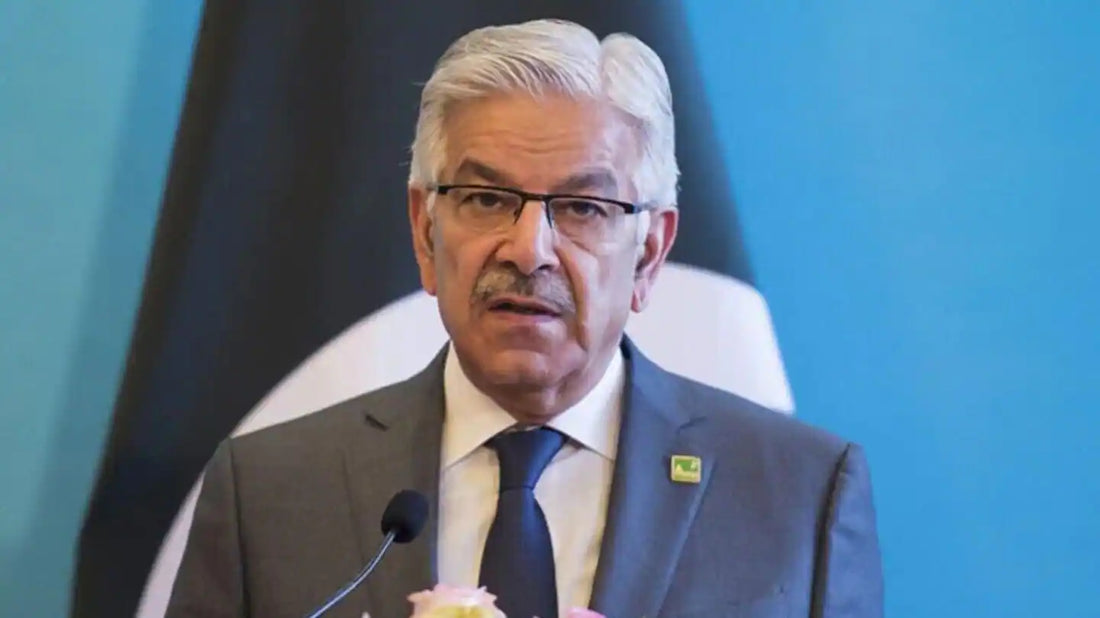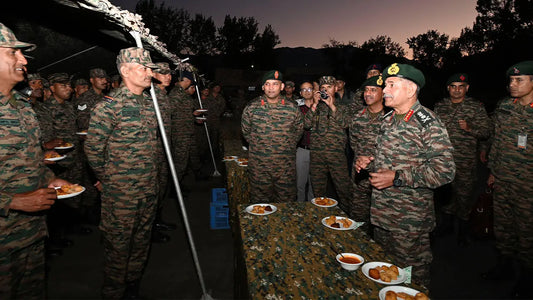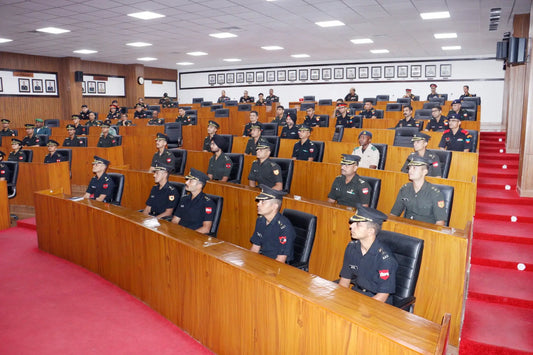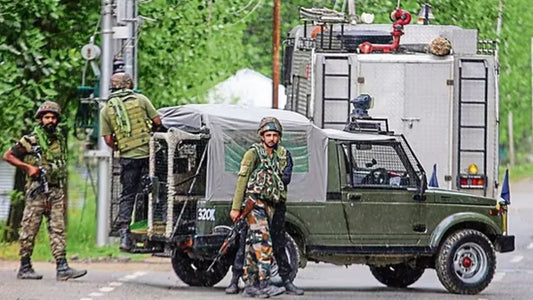Pakistan Defence Minister Describes Governance as 'Hybrid', Rejects Claims of Military Dominance

Pakistan's Defence Minister Khawaja Asif has reiterated his description of the country's governance as a "hybrid" system, emphasizing that decisions are made through "consensus" between civilian leadership and the military.
In a conversation with British-American journalist Mehdi Hasan on the Zeteo platform, Asif sought to downplay the acknowledged influence of the Pakistan Army in government affairs. When questioned about whether Army Chief General Asim Munir possesses more authority than he does, Asif stated, "No, it's not like that. I'm a political appointee, I'm a political worker."
Hasan pointed out that in the United States, the defense secretary has the power to dismiss generals, a prerogative not extended to civilian leaders in Pakistan. Asif responded by suggesting that the United States also operates under a system influenced by a "deep state."
Asif attributed the military's strengthened role to past regimes, defending the "hybrid" model as practical. He stated, "It's not equal... We can agree to disagree. It is by consensus, whatever is taking place."
Historically, Pakistan has experienced several military takeovers, with army chiefs assuming presidential roles under martial law. However, Asif insisted that the current system operates collaboratively, denying allegations of military dominance.
Earlier in the month, the defence minister stirred controversy at the United Nations Security Council when he repeatedly stumbled over references to Operation Sindoor—India's May offensive against Pakistan—during a discussion on artificial intelligence in warfare.



















